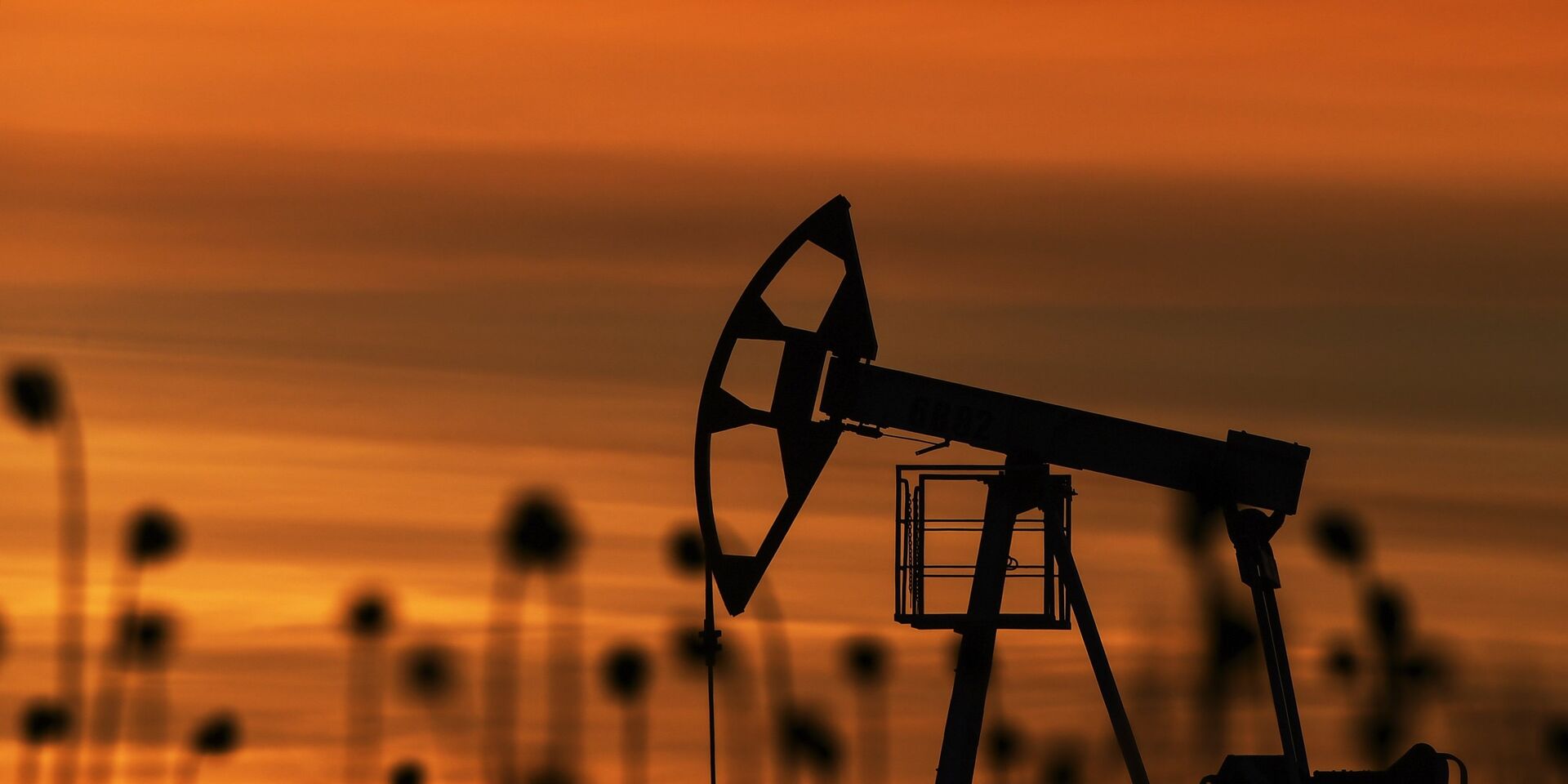Europe’s Prospects in the Context of Energy Policy Changes. The prospects for Europe in the context of changes in energy policy, especially considering the transition to active use of LNG, are not as bright as one would like to see. Even after Europe managed its dependence on Russian gas, new challenges and dependencies emerged.
In 2022, Germany opened its first floating gas terminal in the country, which became a crucial part of the infrastructure to ensure energy supply amidst reduced gas supplies from Russia. This terminal, along with other similar projects, became possible through swift realization in response to the gas supply crisis from Russia following the beginning of the war in Ukraine.
It seemed that the process of reorienting gas supplies from Asia to Europe brought freedom, but simultaneously, there began a rapid increase in the share of LNG in the EU’s energy balance. Estimates suggest that around 42% of gas consumed in the EU in 2023 was supplied in the form of LNG. This creates a new dependency on suppliers such as the USA and Qatar, raising questions about market stability and price formation. On the other hand, it is important for Europeans to determine whom they will dance with and whether they should await approval from certain countries when making important decisions. Who is better in this role – an aggressive and unpredictable neighbor on the continent or countries from other continents?
Despite Europe managing to avoid an energy crisis through various measures, including increasing the share of renewable energy sources and reducing gas demand, the new dependence on LNG could pose problems in the future. This underscores the need for energy source diversification and developing domestic production to ensure the stability and security of Europe’s energy supply, which remains at risk today.


